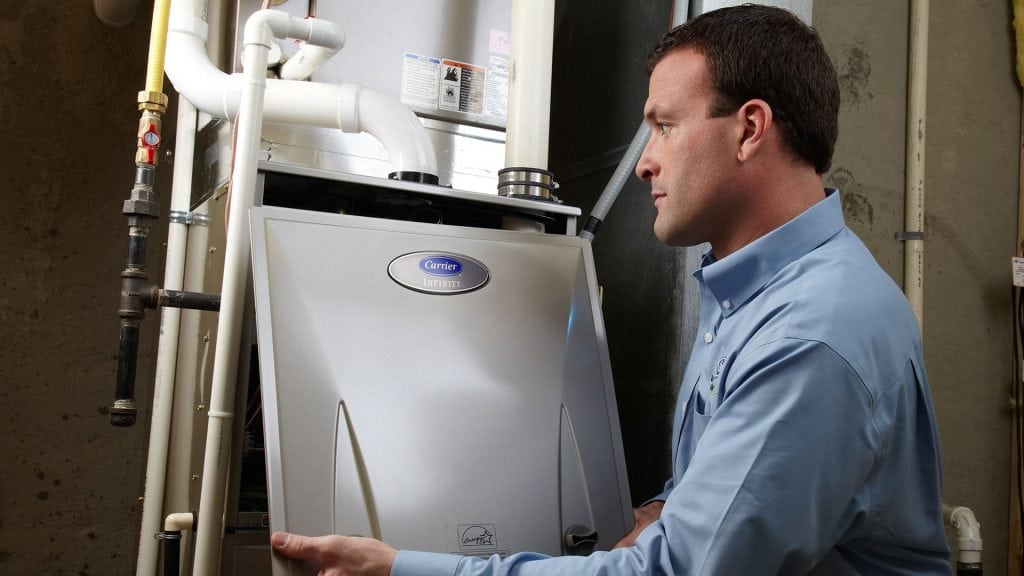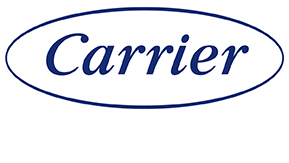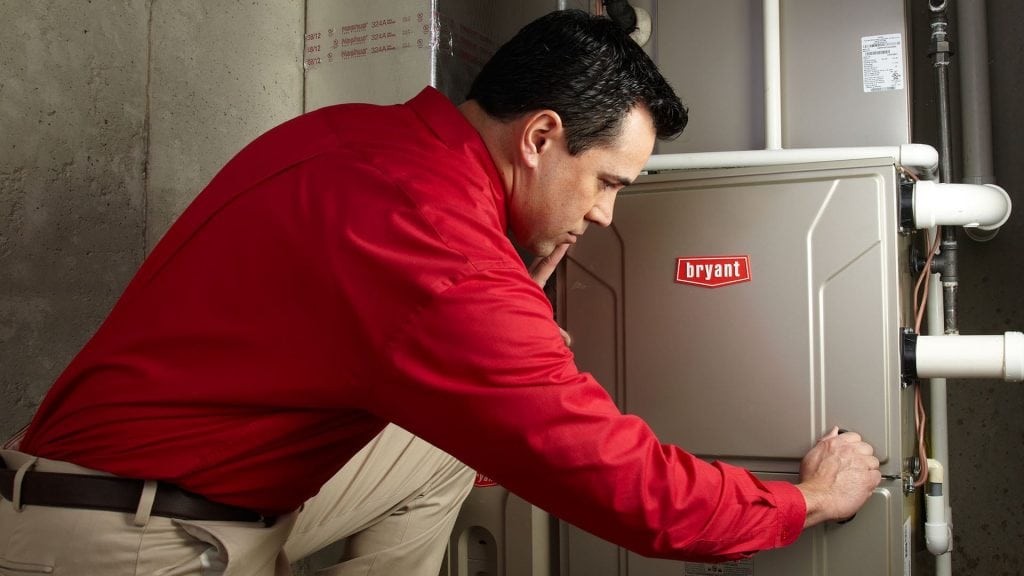Heat Pumps and Furnaces: What's the Difference?

Heat Pumps and Furnaces: What's the Difference?
It’s a common question from consumers - what IS the difference between heat pumps and furnaces? Which one do I have and does it matter? Let’s consider the basics of this frequently asked question including how best to care for your heating equipment, regardless of which one you use.



